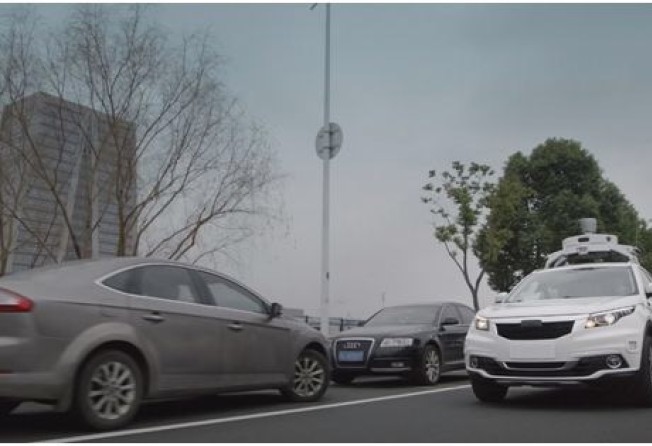Didi Chuxing shows off autonomous car on public roads
Ride-hailing company still lags behind Western firms in driverless taxi race

Less than a year after Didi Chuxing officially opened its autonomous driving research lab in the United States, the Uber rival revealed it has already tested self-driving cars on public roads.
The company confirmed to the Financial Times that it designed the software, while Chinese carmaker Qoros said its SUVs were used in the tests.
Print option is available for subscribers only.
SUBSCRIBE NOW